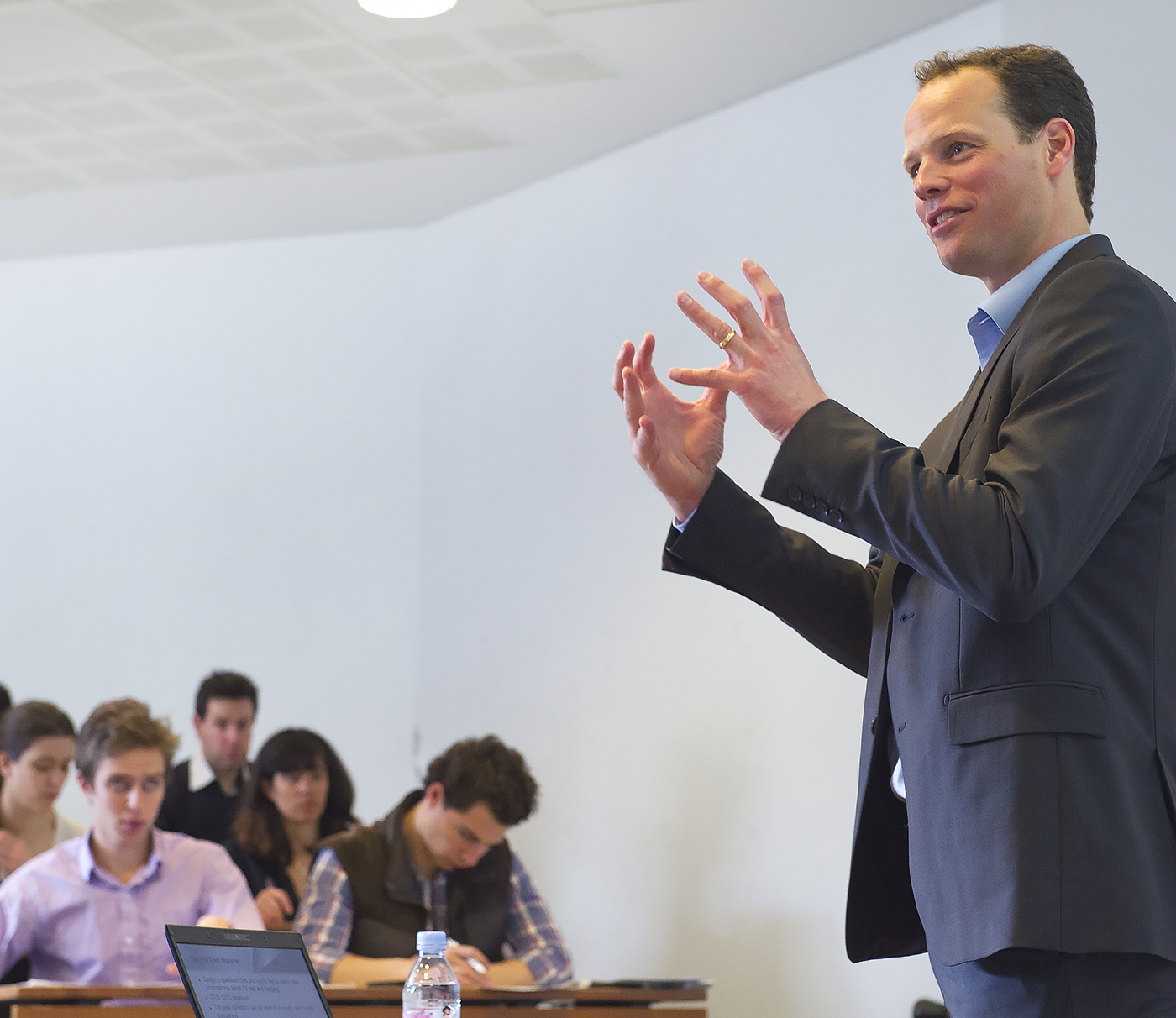
Faculté et Recherche Faculté et Recherche
HEC Paris est reconnue mondialement comme une des meilleures institutions de recherche dans les domaines de l’économie et de la gestion. Notre corps professoral repousse les frontières du savoir et vise à avoir un impact sur la pédagogie, les pratiques managériales, les politiques publiques et la société en général.
Les recherches menées à HEC Paris comprennent des travaux à la fois intra et interdisciplinaires, avec un souci d’excellence scientifique et de pertinence pour les entreprises.
Research Seminar : Taxation of CO2 emissions: categorization of taxes guidance and application of the principle of equal treatment
Speaker : Thierry Obrist (University of Neuchâtel)
19 April 2024 02:15 pm
HEC Paris, S126 - Building S - 1st Floor
Access online: https://hec-fr.zoom.us/j/94289332226

Chaires
Actualités
Chiffres-clés
167
professeurs permanents
55
doctorants
33
nationalités
> 15
chaires de recherche et initiatives d'entreprises
4
centres
45
articles publiés dans les meilleures revues académiques chaque année

















